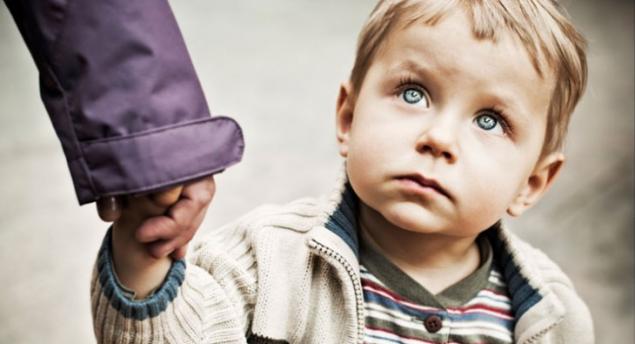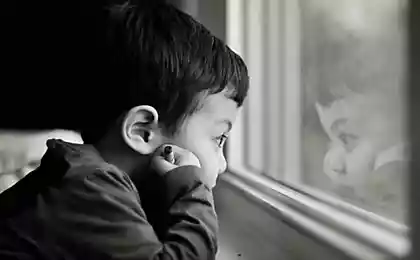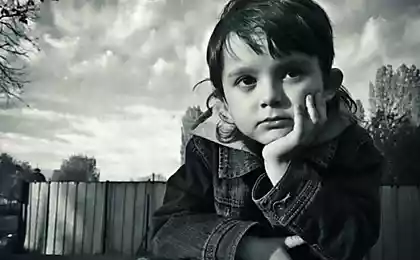752
10 precautions that we need to teach their children
Being a parent - it means to worry. As long as the child is toddler and always with you, more personal, but as a start to grow, go to school and walk on their own - you have to get used to the constant trevoge.Vprochem, stress can be reduced by teaching children important safety precautions. You've already talked about it with your child? And how many times? Remember - the children of primary school age should be about 7-10 times to repeat the information to ensure that it is fully assimilated.

Website lists the rules of personal safety that need to be repeated more often to their children.
1. Come up with a password h3> By 8-year-old girl on the street approached the stranger and invited her along. He said that her mother that something had happened, and she sent him for it. In response, the girl asked him to name a password. The man hesitated and did not know what to say, and the girl at the time escaped.
2. Name, address, home phone number, parents' names h3> The information you have to learn with your child in case if he loses. Of course, open the information he had only as a last resort and it is desirable to law enforcement authorities.
3. Do not talk to strangers h3> This is a well-known rule, but it is a repetition. Repetitions with your children. Explain what could face contact with a stranger, show public service announcements, let them know that it's dangerous. Base their arguments on the fact that it is important for a child up to the most primitive things. Anything, as long as the motivation is sufficient for the child's age.
4. Be careful with social networks h3> It is necessary to teach the child to use social networks very carefully. Undertakes to disclose personal information in the network (address of the house, leaving home, the number of schools and so on. N.), Use passwords, do not add to the friends of strangers - all that deem a threat, and all that can protect them from the dangers It should be clearly explained.
5. Warn h3> Teach your child from a very young age warn you that he departs. It does not matter whether he goes to walk out of the apartment with friends in 14 years, or moving away from you in a store in 5 years - it should warn you about it. You need to know where and how much your child has moved out of the safe zone.
6. Saying "no» h3> The problem is, there is a man for life - well, he can not say "no." This reliability then creates a lot of problems, but now we are the children, not the adults. If your child feels animosity or discomfort when someone tried to touch him, or he is treated so that it feels unsafe, or it is something imposed, it should be able to escape from the situation. Disclaimer - its full right to express their will. Explain that there will always be an adult (teacher at the school, parents at home, law enforcement and so on. f.), which can help in any moment.
7. Do not leave the house alone h3> This rule also applies to younger children and older children. Going somewhere, a child must take with friends. If this is not possible, or you have to go accompanied, or you stay home.
8. Do not buy from strangers h3> Teach your child to never take nothing from others, even if it is a familiar person, without consulting with you. I do not take even touching hands. Here good will rule number 6 about the "no».
9. To behave at home alone h3> Teach your child when he comes home alone, to assess the situation on the doorstep. If all is well, you need to go, lock the door and call you to say that the house and everything is in order. If someone calls on the phone or knocks at the door, do not report that mom and dad are not at home, but only to say that now the parents can not come (to the phone, to the door), to ask whether it is necessary to convey that. And in any case do not open the door!
10. Important phone numbers h3> Teach your child where he can call each dangerous occasions: police, fire, etc. hotline. F. Teach him to call these services and from a regular phone, and mobile.

Website lists the rules of personal safety that need to be repeated more often to their children.
























